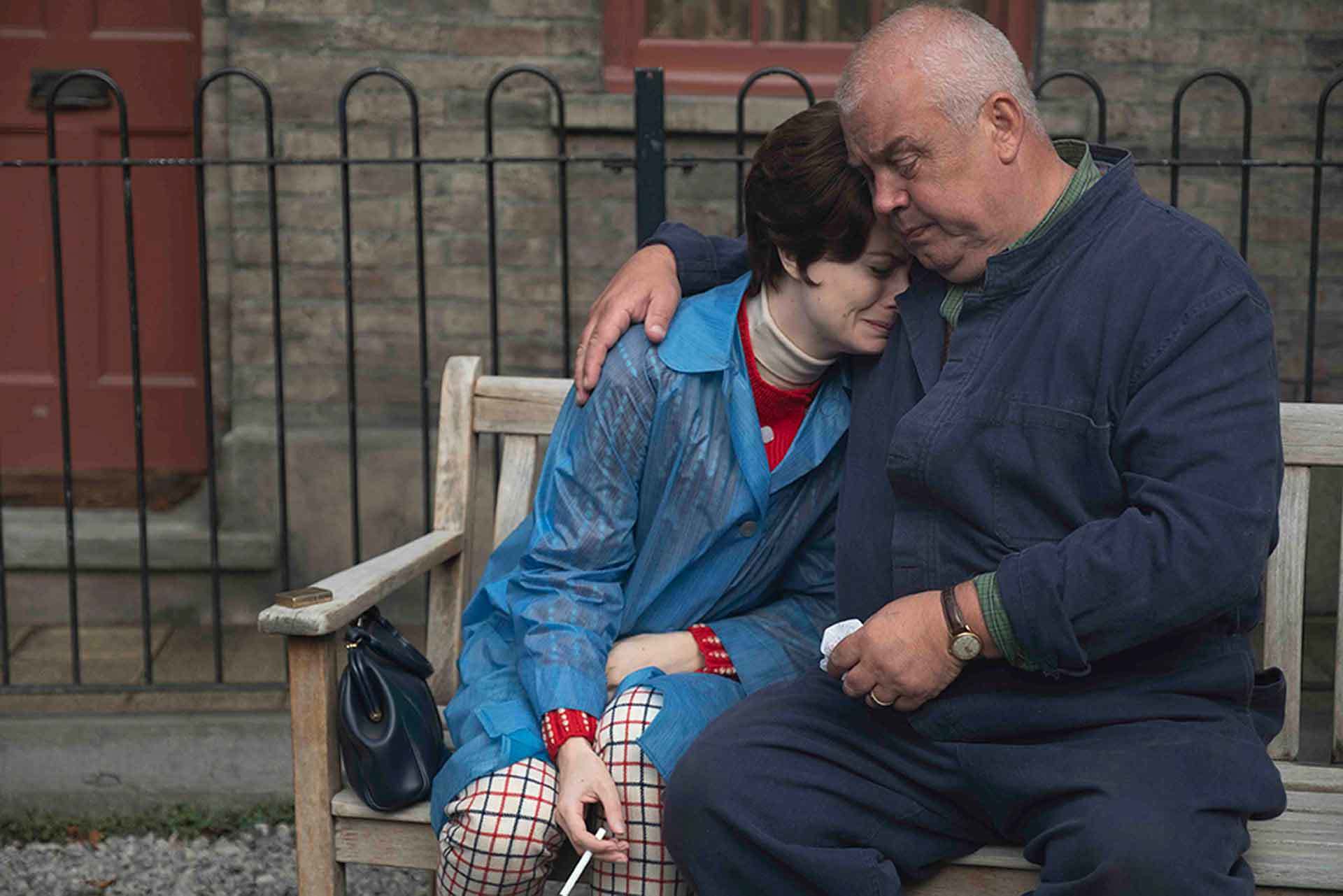
Just a note to start off… In case you are wondering why we are seeing the midwives of Poplar caring for patients dying of non-childbirth or pregnancy related maladies, and male patients, and tending to non-pregnant patients for wound care and conditions like diabetes and high blood pressure, it’s because they were the community public health nurses as well as midwives. As community health nurses, they tended to the healthcare needs of the entire community, not just those of the pregnant population. The first midwives in the US were also public health nurses. Many midwives today are nurse-midwives, as I am, and extremely proud of both our nursing and our midwifery heritage.
On to this week’s show…often times these episodes will spark a memory, perhaps of patients whom I have been honored to care for, sometimes friends or family situations in which I have been involved. This episode did that for me. Comings and goings, hellos and goodbyes, birth and death… I have alluded before in blog entries as to how much birth and death have in common. Several years ago I looked into being a nurse volunteer for hospice. As I hesitantly spoke to the hospice representative I expressed my eagerness with hesitance; “I have only ever worked in obstetrics so I don’t have a lot of practical knowledge around helping people die.” Her response was surprising to me; she intimated that the organization receives an inordinate amount of volunteers from the obstetrical caregiver world. She noted that those who work in obstetrics “Get the cycle of life and death”; and “don’t shy away” from what’s involved in either.
That gave me much to think about in how we “midwife” people both into, and out of, this life. If you think about just the physiologic processes involved in both birthing and dying, the two are remarkably similar. Women giving birth breathe differently, sometimes very shallow, sometimes deeply, as do people who are dying. There are also heart rate and other physical changes that are very similar to both processes. Individuals approaching the time of giving birth, and dying, will decrease their oral intake of food and fluids, for example.
Emotionally there are also similarities in birthing and dying. There is a certain amount of fear of the Unknown in both, and eventually a required surrender; sometimes quiet and willing, other times loudly and boldly with an outcry of defiance. One important commonality that should be requisite to both events is an environment of respect, honor, and sacredness; unfortunately that is not always the case. Both are a journey, as Sister Julienne (Jenny Agutter) describes it to Midwife Valerie (Jennifer Kirby), reassuring Valerie that “we are going to nurse your grandmother” through it.
What is required from us as the families/partners/doulas/nurses/midwives in both processes, is remarkably similar as well. We attend to the physical discomforts; the pain from a contracting uterus, and the pain produced by tissue that is slowly dying, as oxygen intake decreases, can both be eased with the application of warmth, as we saw Valerie’s grandmother being offered the warm water bottle for her discomfort. Position change, massage, therapeutic touch – all can bring comfort in both circumstances. One can vacillate between shivering and sweating, for which a warmed blanket, or a damp cloth to the brow can bring sweet relief. A glass of cool water held to parched lips will ease an unquenchable thirst. Hands clasped over hands convey presence, strength, and unspoken support. A quiet touch on the shoulder, the back, the leg conveys the unspoken message that “I am here if you need me”. A whisper close to one’s ear of “you can do this”, “you are so strong”, and “I’ll be here as long as you need me” speaks volumes.
It gave me goose bumps to hear the midwife utter the words to Valerie’s grandmother …”rest and let your body do its work”; how many times I have uttered those same words to women in the throes of labor... and yet how applicable they are to someone trying to let go of life as well.
Almost two years ago my aunt died at home under hospice care. I was so awed by the compassion and professionalism displayed by the hospice nurses and physician. The seemingly minor things that they did to bring her comfort were over and above what was required; yet so soothing in the moment. I remember a few days before she died, after having no appetite for weeks, she was reminiscing with one of her nurses as to how she used to enjoy burgers from one of the local burger joints. Shortly after that, on her way to my aunt’s house for her shift, the nurse stopped at that old burger joint and picked up a burger and fries for her. Such a simple, yet grand, gesture that brought a moment of pleasure to a dying woman. These nurses are midwives too; they are just midwifing people out of, rather than into mortality.
There is a slogan “every woman deserves a midwife”; I would expand that to “every person deserves a midwife – at the beginning and the end of life.” As this last episode of the regular season ends we hear Jenny’s voice saying, “The seasons will always turn; the clouds will gather and the cold will come. We will survive them regardless of the weather. After despair there will be happiness…” This is the cycle of life; birth, death, joy, sorrow… it is a rollercoaster and for most of us, oh what a ride it is.
Get Another Take: Recommended Call the Midwife Recaps
From Thirteen.org | The British Tele Dish
From WTTW Chicago | The Playlist Blog
From NPT Nashville | The Vanderbilt University School of Nursing Recap
From WETA Washington | The Tele Visions Blog
From WGBH Boston | Watch Drama After Dark or Read the weekly recap